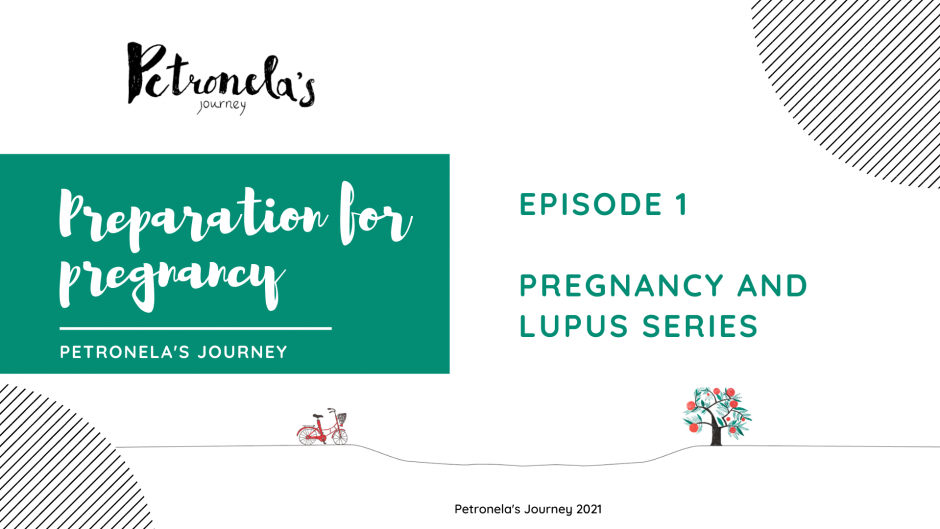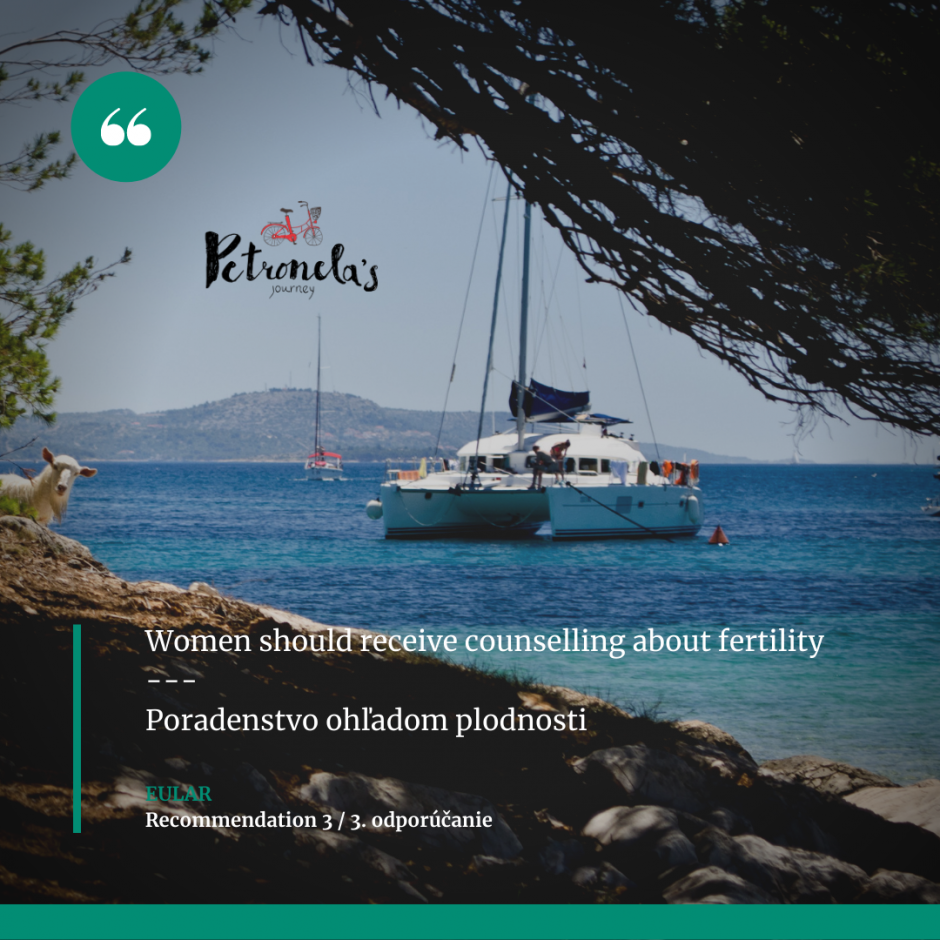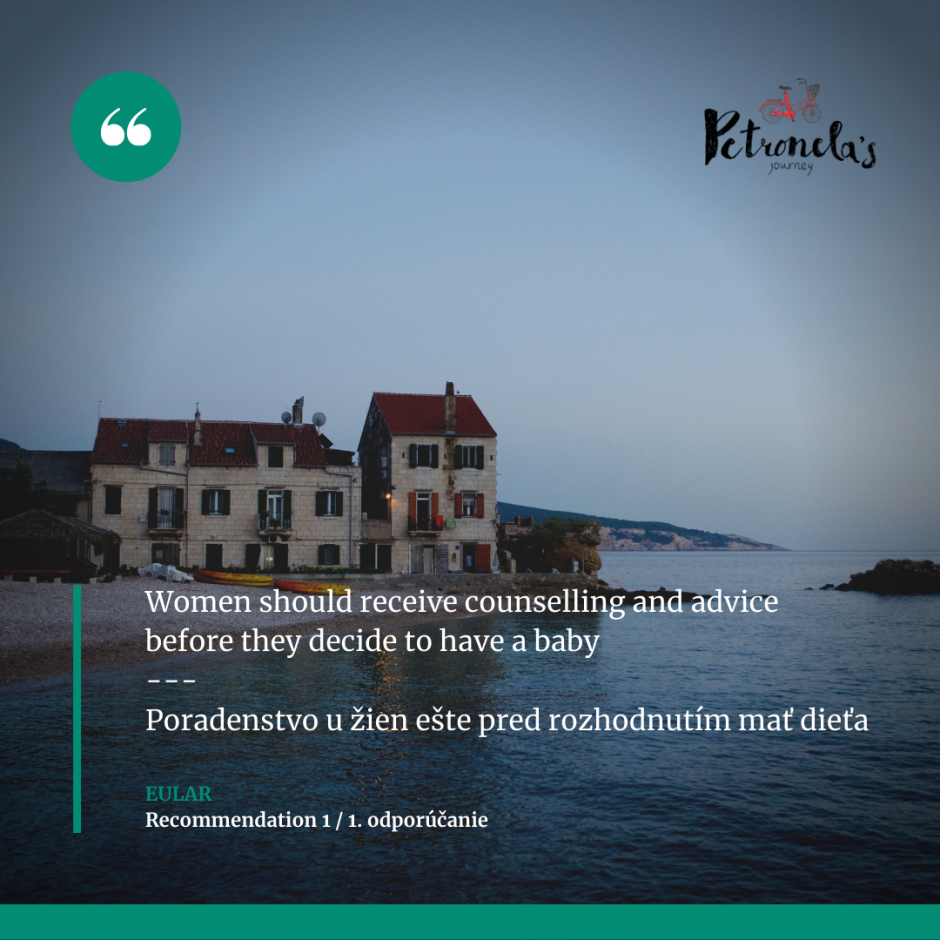“Women with lupus should be counselled about the use of effective contraception
Your doctor should talk to you about your contraceptive options, including the pill, a coil, or an implant. Using contraceptives is especially important to prevent unwanted pregnancies when your disease is very active or when you are taking drugs that could be dangerous for a fetus. A combined pill may not be suitable if you have APS, or if your doctor thinks you are at high risk of developing blood clots. In such cases, the progesterone-only pill and a coil may be suitable options.”
The most effective oral contraceptives are those that contain a combination of the female hormones estrogen and progestin. In addition to helping to prevent pregnancy, they can also lower the risks of getting certain gynecological cancers, including uterine, enometrial and ovarian cancers. However, they can potentially cause blood clots, worsen migraines, worsen liver disease or increase the risk of developing breast cancer. Studies show that the „newer“ OCPs that contain lower amounts of estrogen are generally safe in most women who have well-controlled lupus without increasing the risk for lupus flare.
However, one never knows with our disease. Have a look at the list below when oral contraceptives are contraindicated.
Women who have lupus who should not take oral contraceptive pills:
- Have active moderate to severe lupus
- Test positive for antiphospholipid antibodies
- Have had blood clots in the past
- Have had a stroke before
- Have poorly controlled hypertension
- Have atrial fibrillation
- Have had coronary artery disease or a heart attack before
- Experience migraine headaches
- Have Raynaud’s Phenomenon (although this is not for certain)
- Who smoke
- Have nephrotic syndrome (a complication of lupus nephritis that increases the risk of getting blood clots)
- Have had breast cancer in the past
- Have very high cholesterol (increases the chance of blood clots)
- Have cirrhosis of the liver or liver cancer (to include hepatic adenoma)
Sources:
https://www.eular.org/myUploadData/files/Lay_summary_EULAR_reco___Mgt_SLE___TF_report.pdf
The Lupus Encyklopedia, Donald E. Thomas






